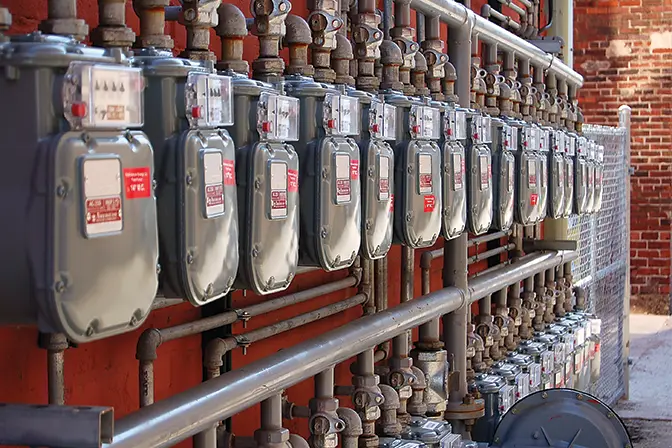What CSO means for your apartment utilities

Nearly all newly-constructed apartments are metered for gas. But that hasn’t always been the case.
After the oil embargo in the 1970’s, the price of natural gas began to soar upward, and apartment operators found that regular rent increases were frequently insufficient to cover ordinary rising costs, let alone sudden skyrocketing gas price increases. Profit margins declined, and owners had little choice but to meter gas usage.
Interestingly enough, the very same kind of rapid price escalation is happening now for water and sewer – and apartment owners are responding accordingly.
Let’s talk about Combined Sewer Overflow (CSO)
In many markets, today’s low monthly water/sewer costs, typically $20 to $30 per apartment, per month, will soon be a distant memory. Water and sewer bills of $50 to $75 per apartment, per month, are just around the corner thanks to a federal mandate called CSO, which stands for Combined Sewer Overflow.
To understand this, we have to step back in time to 1977, when Congress passed the Clean Water Act. The Clean Water Act mandates that by the year 2027, 772 cities in the United States are required to reconfigure sewer systems to reduce sewage that flows into waterways in the presence of sudden downpours.
What does this mean for the multifamily industry?
- COST: The numbers are staggering, several hundred billion dollars, making CSO one of the most expensive public works projects in US history! And, it is unfunded by the government, which means each of the 772 cities must fully pay for their own projects. For example, in Omaha alone, the cost is projected to reach 2.2 billion dollars!
- EFFECT: CSO will result in rapidly escalating water and sewer costs in the years ahead. These increases will occur not just for those 772 cities, but, for all of us, since it’s likely monthly water and sewer charges of $75 in one city will encourage neighboring communities to raise their rates as well.
So why choose to start charging now?
When the first $25,000 water bill for a single month comes due, while neighboring properties are avoiding such expenses by billing utilities to their tenants, the decision to not allocate will become quite significant. And, most important, it will be appreciably easier to start charging residents for water and sewer when tenant water/sewer bills are only $25 to $30, rather than try and add such charges later, when water/sewer bills are running $50, $60, $70 or more.
